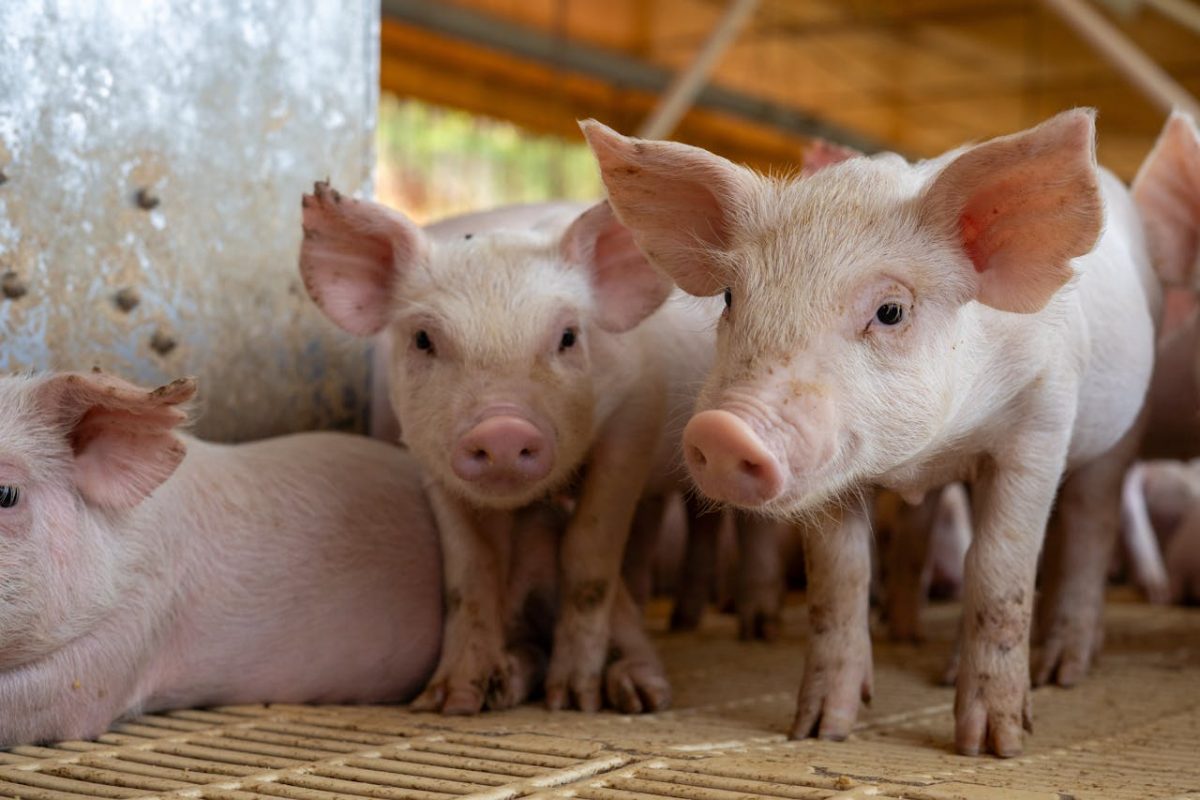Canine parvovirus has long been one of the most challenging illnesses for veterinarians and pet owners to face. The disease is highly contagious, difficult to treat, and emotionally taxing for everyone involved. But a new approach, monoclonal antibody (mAb) therapy, could change how parvovirus is managed, making treatment faster, safer, and more effective.
“Anything we can do to speed recovery and get these dogs back home quicker helps reduce the emotional burden on staff and supports hospital flow,” says Dr. Chris George, medical affairs specialist at Elanco Animal Health.
A First in Parvo Treatment
Speaking at an Elanco-sponsored presentation on July 19 during the AVMA Convention 2025 and the 40th World Veterinary Association Congress in Washington, D.C., Dr. George emphasized the significance of this advancement.
“This is the first time in 50-plus years of treating parvo that we have something that targets the virus itself, not just the symptoms,” he said. “The earlier you can treat these dogs, the better. You’re stopping the virus in its tracks.”
How Monoclonal Antibodies Work
Elanco’s Canine Parvovirus Monoclonal Antibody (CPMA) therapy has received conditional approval from the U.S. Department of Agriculture (USDA). State regulations vary, noted Dr. Beth Thompson, president of the National Assembly of State Animal Health Officials, with some states requiring review before veterinarians can use conditionally approved drugs.
The treatment is delivered as a single intravenous injection alongside standard supportive care. Acting like “smart weapons,” monoclonal antibodies bind to the virus, allowing the immune system to neutralize it more effectively.
Research Backing the Therapy
Dr. George highlighted several studies:
- Challenge Study (JAVMA, April 2024):
Involving 28 eight-week-old puppies exposed to CPV-2b, the study found a 0% mortality rate in the CPMA group compared with the placebo group. Treated dogs also showed faster recovery from inappetence, vomiting, and lethargy, as well as reduced viral shedding. - Shelter Study (Journal of Shelter Medicine and Community Animal Health, April 2025):
In an Ohio shelter, hospitalization times dropped from four days to two after CPMA was added to protocols. Although overall survival rates were similar, reduced isolation days improved both patient welfare and hospital efficiency.
Safety and Practical Use
So far, safety data are highly favorable. In a field study of 147 client-owned dogs, no hypersensitivity or anaphylactic reactions were reported. The most common side effects were mild injection-site reactions (about 4%) and occasional, short-lived gastrointestinal issues.
Age Guidelines:
- Labeled for dogs 8 weeks or older.
- Safety data includes puppies as young as 6 weeks, though use below that age would be extralabel.
Added Protection: Prophylaxis for Exposed Puppies
In June 2025, the USDA expanded CPMA’s label to include passive immunity for puppies exposed to parvovirus. This lower-dose, subcutaneous option is especially valuable for shelters and litters in high-risk environments.
However, Dr. George cautions that passive antibodies can interfere with vaccinations. Puppies treated with CPMA should restart their core vaccination series after recovery, with boosters scheduled at least 17 weeks post-CPMA to ensure proper immune response.
Part of a Broader Care Strategy
Dr. George stressed that CPMA should not replace supportive care:
“I do not recommend CPMA as a monotherapy for all parvo patients.”
Supportive measures such as IV fluids, antiemetics, analgesia, antibiotics (when needed), and even fecal microbiota transplantation remain critical. The ultimate goal is to shorten morbidity, reduce isolation time, and ease the strain on staff, all while improving survival and recovery outcomes,
A New Era in Parvo Management
With monoclonal antibody therapy, veterinarians now have a tool that directly targets the parvovirus. By shortening hospital stays, even by one or two days, clinics can reduce stress on staff, improve patient welfare, and help puppies return home and resume socialization sooner.
“I truly believe that parvo is no longer just a referral-only disease,” Dr. George concluded. “You can treat parvo in general practice or in a shelter. With the right supplies and this therapy, we can achieve very positive outcomes for most parvo cases.”
Source: AVMA – Monoclonal antibodies show promise as canine parvovirus treatment



